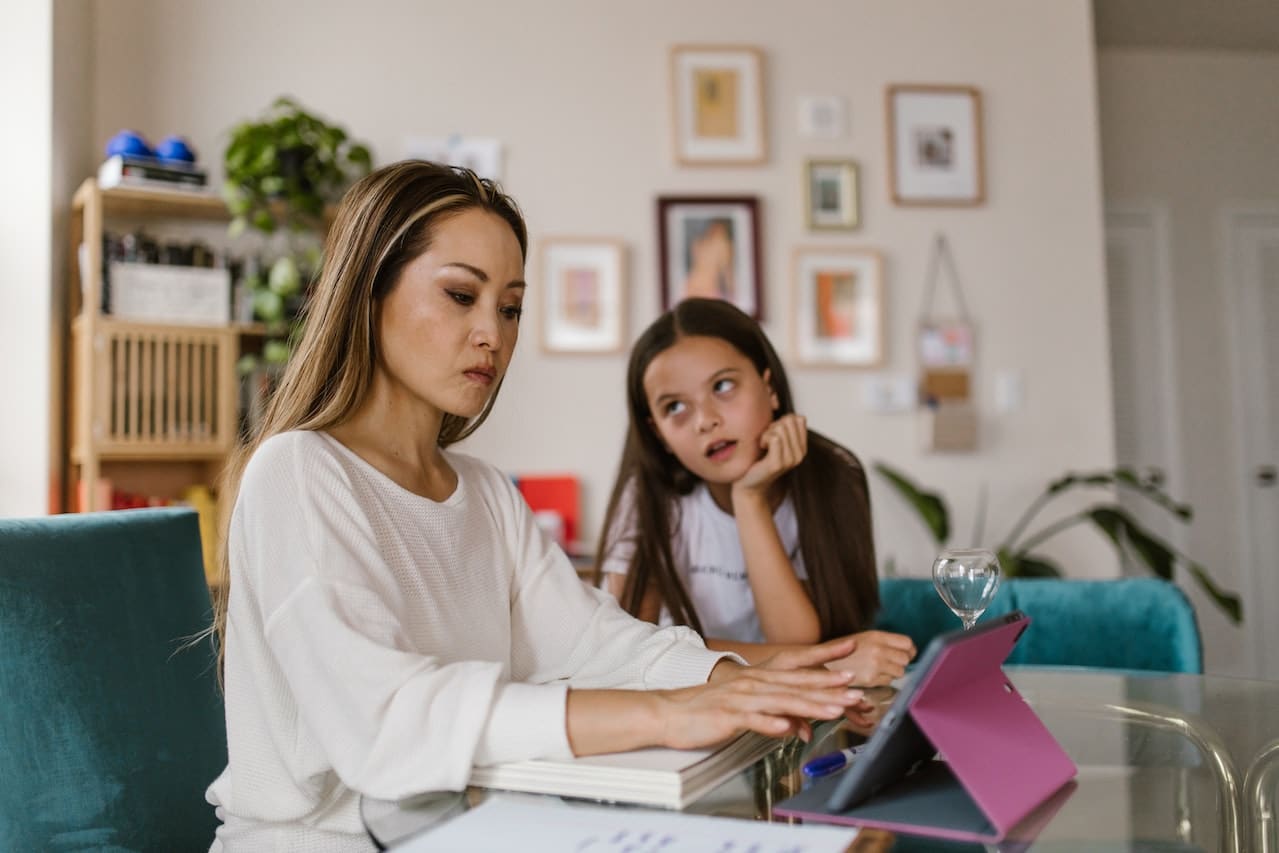A warning is issued regarding over-the-counter melatonin supplements.
When it’s time for bed, parents want their children to sleep. Not only do they want their children to rest, but they also want them to rest. So it’s understandable that many parents turn to melatonin when their children have trouble falling asleep. Recent warnings about melatonin call this assumption into question.
What is melatonin?
Melatonin is a hormone produced by the body to regulate sleep. It is sold commercially as an over-the-counter sleep aid. If you give your body more of a hormone that helps you sleep, you are more likely to fall asleep, right? This is only true in some cases; for many people, taking extra melatonin has little or no effect. But it does help some people, including some children.
Over the past two decades, the use of melatonin supplements has increased dramatically. It is the second most popular “natural” product that parents give their children after multivitamins.
A cautionary tale about melatonin supplements for children
When too many people do something, things can go wrong. And indeed, many cases of melatonin overdose have been reported in children. While overdoses can cause excessive drowsiness, headaches, nausea, or restlessness, most of the time, they are not dangerous. However, this does not mean that over-the-counter melatonin is entirely safe. The American Academy of Sleep Medicine (AASM) recently warned about its use.
Over-the-counter melatonin is classified as a dietary supplement. It must be regulated by the FDA, like over-the-counter medications such as ibuprofen, paracetamol, or diphenhydramine. There is no control over what companies put in the melatonin that parents buy.
And what they put in it is precisely the problem. The AASM warns that the amount of melatonin in tablets or liquids can vary, from less than what is stated on the label to much more. The most significant variation is found in chewable tablets, which are, unfortunately, the most commonly taken by children. It is also tricky – if possible – to know what else the supplement may contain. The AASM reports that some melatonin products also have serotonin, a prescribed hormone, and neurotransmitter.
Helping children sleep well
While some children benefit from melatonin, such as those with neurological or neurodevelopmental problems, most do not need it to sleep well. Before buying a sleeping pill – especially one that doesn’t contain what you think it does – parents should try a few strategies first.
Keep your child or teenager on a regular sleep schedule. Teens, they should sleep at night rather than during the day. It’s okay if your child goes to bed a little later on weekends or holidays, but try not to vary too much. Our bodies are more likely to fall asleep when we are used to falling asleep at a particular time.
Ensure your child gets some exercise during the day; this will help him or she be more tired at bedtime.
Once your child has given up naps, could you not take them? If they come home from school exhausted from staying up too late, don’t let them rest – they’ll have a more challenging time falling asleep that night.
Maintain a quiet routine before bed. This can be difficult for high schoolers with sports practices and homework, but as long as you can limit exciting activities right before bedtime, do it. Consider taking a bath, reading, and generally being quieter as bedtime approaches.
Turn off the screens. The blue light emitted by screens can wake up the brain, and it’s easy to get absorbed in what’s on them. Turn off screens two hours before bedtime. For teens, it’s best to charge phones away from the bedroom. If teens need the phone to wake up in the morning, buy them an alarm clock.
Create a sleep-friendly environment. Television or other devices will only help. For some children, blackout curtains are important; for others, a nightlight is essential. A white noise machine can help if there is ambient noise. Make the space cozy and comfortable for sleeping. It’s best if children don’t spend all day in bed or do homework in bed; the bed should be used for rest.
If you’ve tried all of this and your child still has trouble falling asleep, talk to your doctor before giving melatonin. There may be other issues at play. By brainstorming together, you can come up with ideas.
If you decide to use melatonin
Choose a USP-verified product, as it is more likely to be of higher quality.
Start with a low dose.
Couldn’t you do it every night? If you do, your child’s body will get used to it, and you will need to increase the dose.










